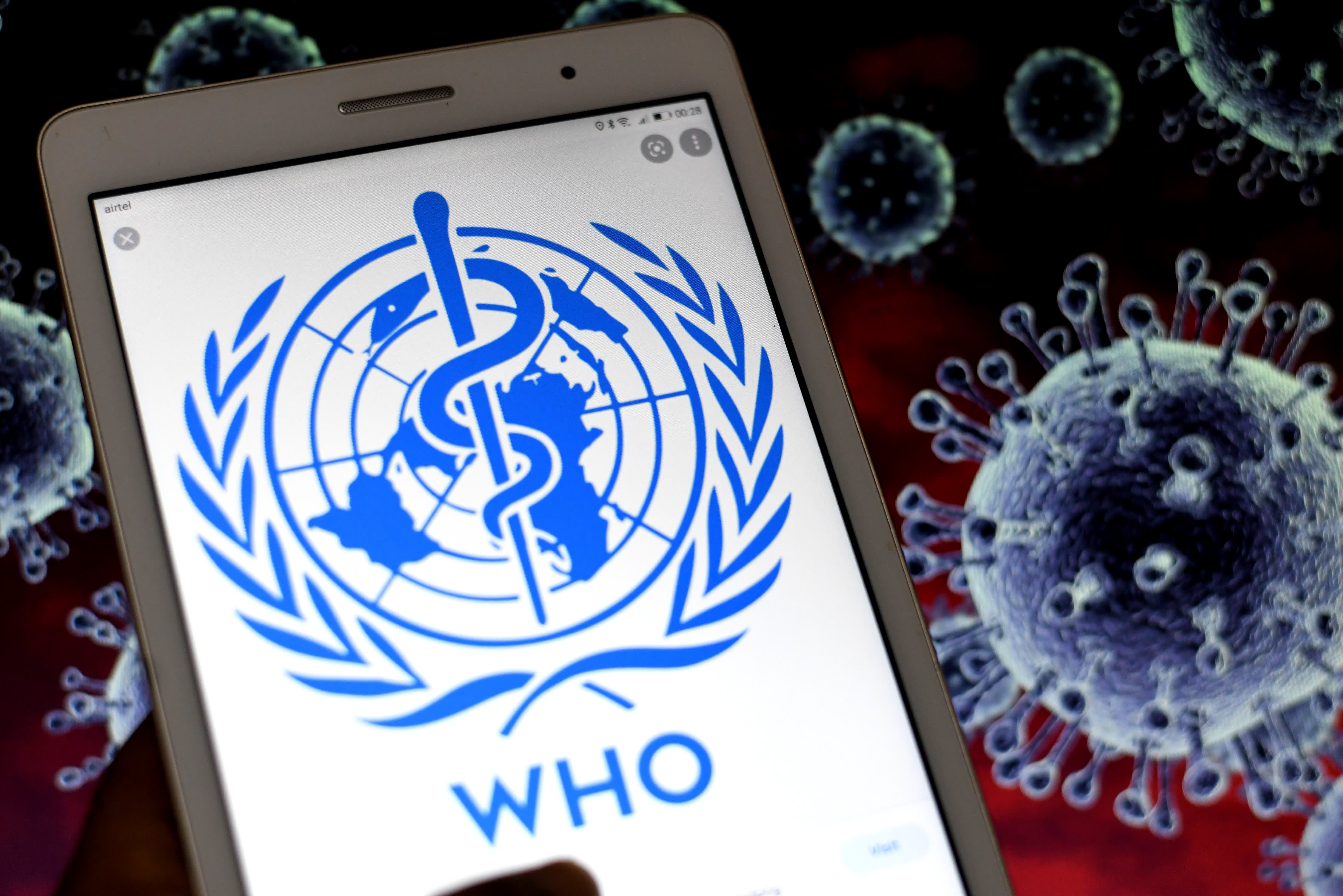World Health Organization officials said they are still trying to understand why the delta variant is more transmissible and potentially makes people sicker than the original coronavirus strain.
“We’re really trying to get a better handle on why the delta variant is more transmissible,” said Dr. Maria Van Kerkhove, WHO’S technical lead on Covid-19, said at a press briefing Friday. “There are certain mutations in the delta variant that, for example, allow the virus to adhere to a cell more easily. There is some laboratory studies that suggest that there’s increased replication in some of the modeled human airway systems.”
New data is emerging around the world on the highly transmissible strain in recent weeks as scientists try to better understand the new threat. The Centers for Disease Control and Prevention warned lawmakers Thursday that new research indicates the delta strain is more contagious than swine flu, the common cold and polio. It is as contagious as chickenpox. It also appears to have a longer transmission window than the original Covid-19 strain and may make older people sicker, even if they’ve been fully vaccinated.
The warning on Thursday was made in a confidential document that was reviewed by CNBC and authenticated by the federal health agency.
“The virus itself, as it starts, is a dangerous virus. It’s a highly transmissible virus. The Delta variant is even more so,” Van Kerkhove said. “It’s doubly more transmissible than the ancestral strains.”
WHO officials expect other dangerous variants to also emerge as countries struggle to distribute the life-saving vaccines to their populations.
“They become more fit the more that they circulate and so the virus will likely become more transmissible because this is what viruses do they evolve, they change over time,” Van Kerkhove said.
She said it’s imperative that nations follow public health measures, like practicing social distancing and wearing masks, while nations distribute more vaccines around the world, especially in those with the lowest rates of immunization.
We need “about 70% coverage globally, to really slow down the transmission and reduce the risk of emergence of new variants,” according to Dr. Bruce Aylward, senior advisor to the director-general at WHO.
Still, with current trends, health experts are not optimistic. “This will not be the last virus variant that you hear us talking about,” Van Kerkhove said.
